-Edit
I created a bug report to follow the issue
I am trying to upload a directory to my server. The folder contains big files including CT scan images. It's working fine but I have memory issues.
document.getElementById("folderInput").addEventListener('change', doThing);
function doThing(){
var filesArray = Array.from(event.target.files);
readmultifiles(filesArray).then(function(results){
console.log("Result read :"+results.length);
})
}
function readmultifiles(files) {
const results = [];
return files.reduce(function(p, file) {
return p.then(function() {
return readFile(file).then(function(data) {
// put this result into the results array
results.push(data);
});
});
}, Promise.resolve()).then(function() {
// make final resolved value be the results array
console.log("Returning results");
return results;
});
}
function readFile(file) {
const reader = new FileReader();
return new Promise(function(resolve, reject) {
reader.onload = function(e) {
resolve(e.target.result);
};
reader.onerror = reader.onabort = reject;
reader.readAsArrayBuffer(file);
});
}
JSFiddle of the solution - Using response from this question
In this example, I do nothing with the data but you can see the memory usage growing.
Memory usage before uploading:

Memory usage after uploading:

The file folder uploaded is 342Mb so it makes sense but memory should be free, right?
If you have any idea to prevent this or maybe there is another API I could use instead of FileReader?
EDIT-----
I think this is definitely a bug linked to Chrome and V8. The memory is freed when I try on Firefox. It might be link to this bug